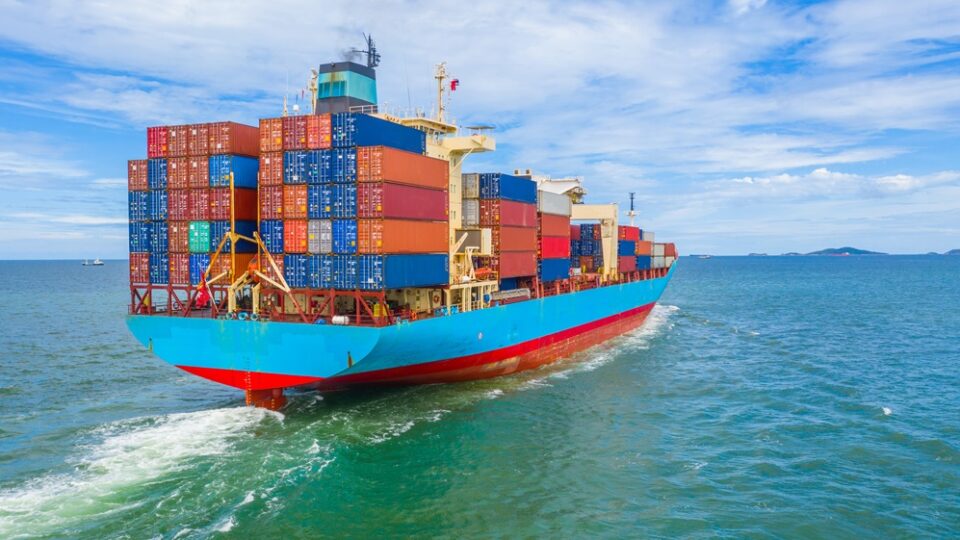The National Retail Federation (NRF) and consulting firm Hackett Associates are predicting a 3.4% decline in cargo volumes for 2025 compared to the previous year — even with near-record imports in July caused by companies trying to stock up ahead of tariffs. The NRF Global Port Tracker has forecast ever-larger year-over-year declines for each month beginning in August 2025 through January 2026.
“We have seen the implementation of reciprocal tariffs across the globe, with a number of key trading partners being subjected to tariffs higher than the earlier 10% tariffs,” said Jonathan Gold, VP for Supply Chain and Customs Policy at the NRF in a statement. “Retailers have stocked up as much as they can ahead of tariff increases, but the uncertainty of U.S. trade policy is making it impossible to make the long-term plans that are critical to future business success. These tariffs and disruptions to the supply chain are adding costs that will ultimately lead to higher prices for American consumers.”
While reciprocal tariffs on a number of countries took effect in early August, a federal appeals court later ruled against President Donald Trump’s use of the International Emergency Economic Powers Act to impose the tariffs, although they remain in place while under appeal to the Supreme Court. Trump also has delayed an increase in China tariffs until Nov. 10, 2025 and announced an additional 25% tariff on India that took effect late last month, bringing the additional tariff rate to 50%.
U.S. ports covered by Global Port Tracker, which include Los Angeles/Long Beach, Oakland, Seattle, Tacoma, New York/New Jersey, Port of Virginia, Charleston, Savannah, Port Everglades, Miami, Jacksonville and Houston, handled 2.36 million Twenty-Foot Equivalent Units (TEU) — one 20-foot container or its equivalent — in July, although numbers from some ports are estimated. The July total was up 20.1% compared to June and up 1.8% year-over-year, and it was the second-busiest month on record, topped only by May 2022’s 2.4 million TEU.
While ports have not yet reported their August numbers, Global Port Tracker projects the month will see 2.28 million TEU, down 1.7% year-over-year. These declines will get bigger throughout the rest of 2025, according to the Tracker forecast (all percentage figures are year-over-year):
- September: 2.12 million TEU, down 6.8%;
- October: 1.95 million TEU, down 13.2%;
- November: 1.74 million TEU, down 19.7%;
- December: 1.7 million TEU, down 20.1%; and
- January 2026: 1.8 million TEU, down 19.1%.
The full year of 2025 is forecast to bring in 24.7 million TEU, down 3.4% from the 25.5 million TEU imported in 2024.
“Tariffs have had a significant impact on trade,” said Ben Hackett, Founder of Hackett Associates in a statement. “The trade outlook for the final months of the year is not optimistic.”













